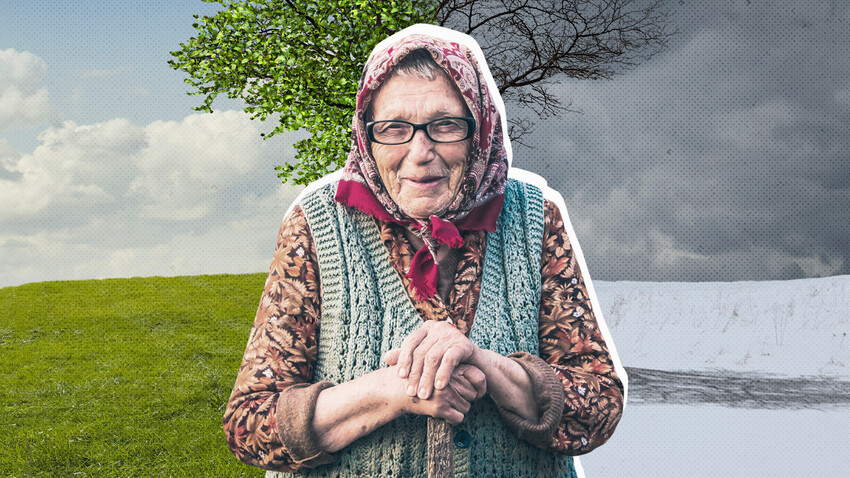
It is believed that this expression came from the proverb: "Grandmother was wondering, but she said in two ways: either rain or snow; either it will happen or it won’t." And it is connected with fortune-telling and predictions of fate. The fortune teller is the same elderly woman who could decipher the meanings of cards, laying them out, suggesting two scenarios for the development of events. For example, love - not love, come true - not come true. This, by the way, is where the proverb "said in two" comes from. That is, spread the cards on two sides. For example, one of the variants of this expression sounds like this: “Baba vorozhila, nadvoye polozhila” ("Grandma cast a spell, she laid it in two.")
The expression "Grandma said in two", however, is used with a certain degree of irony: after all, such predictions have an accuracy of no more than 50 percent. Like "as the card falls", so it will happen. And it is impossible to predict how exactly, because everything is “vilami po vode pisano” ("written on water with a pitchfork"): you can say this about the uncertainty of the situation.
Dear readers,
Our website and social media accounts are under threat of being restricted or banned, due to the current circumstances. So, to keep up with our latest content, simply do the following:
If using any of Russia Beyond's content, partly or in full, always provide an active hyperlink to the original material.
Subscribe
to our newsletter!
Get the week's best stories straight to your inbox